
Did you apply for the long-term Pannónia programme? – Your partial scores are almost her!
Soon you’ll be able to view your detailed scores and let us know if you think something isn’t correct.
International
opportunities

It is important to note that if you decide to withdraw from your awarded Pannónia (long-term) Scholarship mobility placement for any reason, you do not have much time to do so! You have 14 days from the date of the decision to submit a request (via Neptun) indicating that you will not take the opportunity to go abroad for the awarded placement. If you notify us after the 14-day period, you will be required to pay a fee equal to 15% of the current monthly minimum wage (this amount changes from year to year).
Please read the partner list carefully!
The list indicates whether each university is open for Bachelor’s, Master’s, or Doctoral level applications – we can only allocate places to students who apply to universities that match their current level of study.
Pay special attention to the “Information” column, where you can find any language requirements and other specific conditions related to each partner institution. Make sure to review these details before submitting your application!

Within the framework of the Central European higher education network, student and teacher mobility is possible for a few weeks or up to one semester.

A 2–6 month internship opportunity at foreign companies or organizations, providing professional experience related to the student’s field of study.

Short-term international study programs, workshops, and summer schools for students, lasting from a few days to several weeks.
Students can earn two degrees by completing one or two semesters of study abroad shared between two partner universities.

Within the framework of the Central European higher education network, student and teacher mobility is possible for a few weeks or up to one semester.
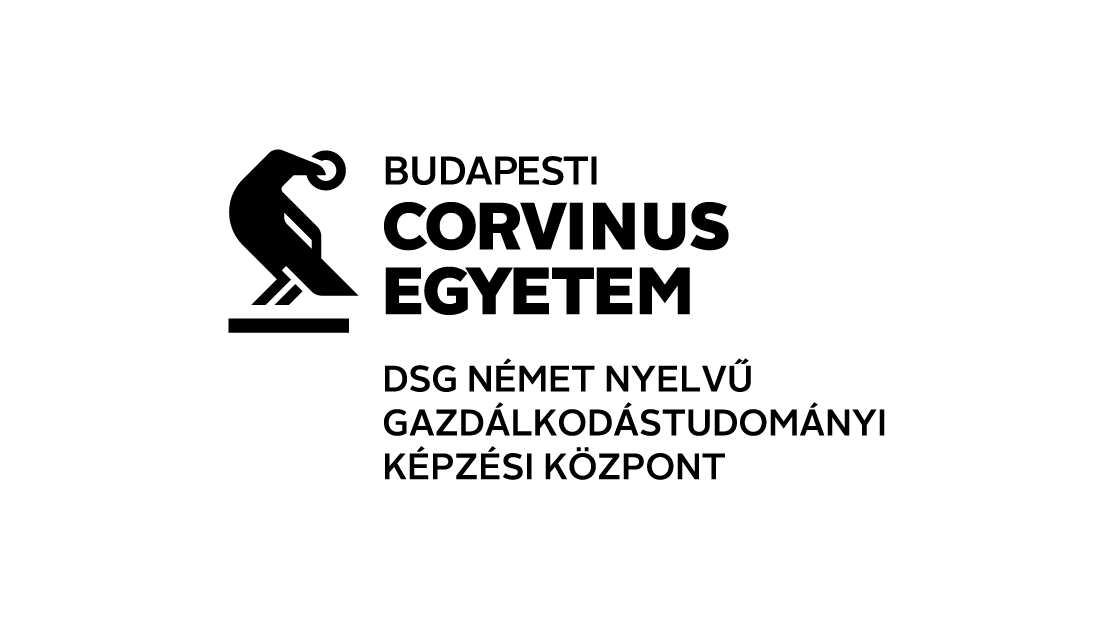
A German-language double degree program in business and economics, in which students spend one semester at a partner institution in Germany.
Intensive short courses of 1–4 weeks at internationally renowned universities, with the possibility of earning credits.

Within the framework of the Central European higher education network, student and teacher mobility is possible for a few weeks or up to one semester.

An international study opportunity of one or two semesters with financial support is available for students with outstanding academic performance who choose a university from the Partner List that ranks among the Top 250 in the THE or QS rankings.

A 2–6 month internship opportunity at foreign companies or organizations, providing professional experience related to the student’s field of study.

Short-term international study programs, workshops, and summer schools for students, lasting from a few days to several weeks.
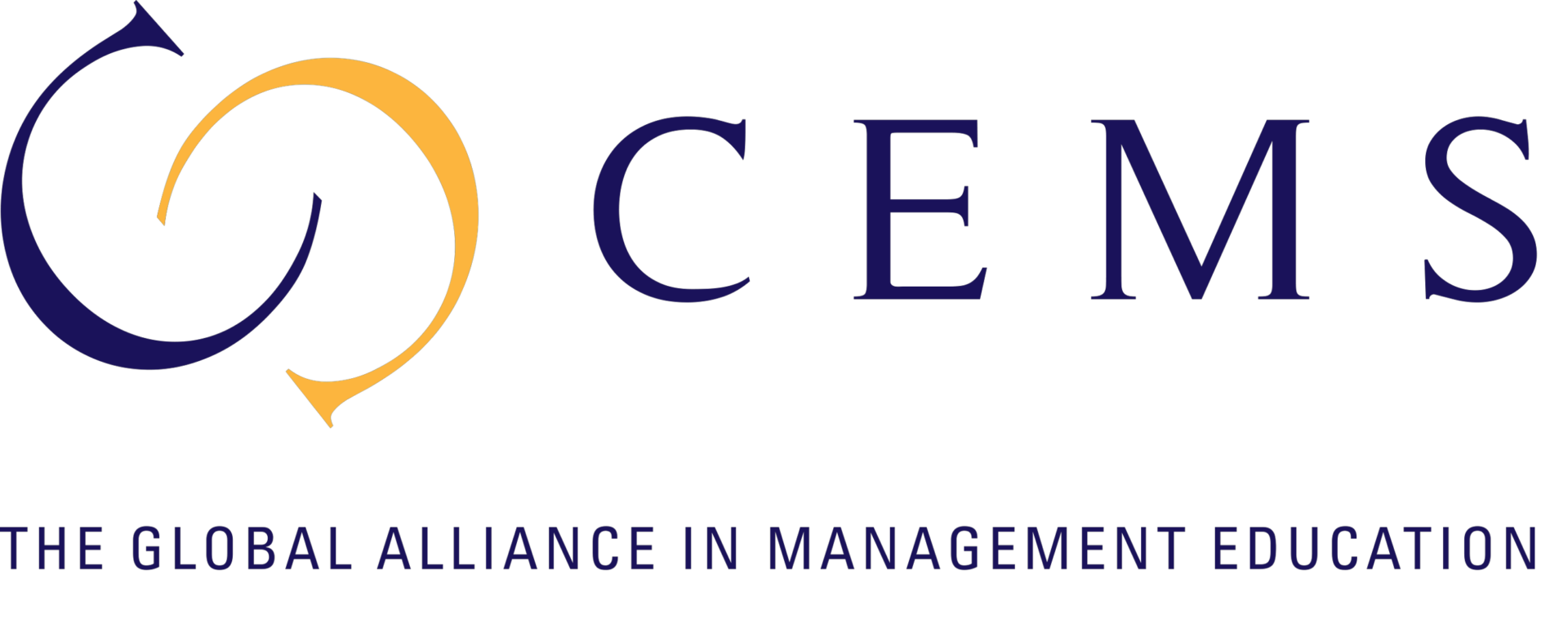
The CEMS Master in International Management is a one-year, globally recognized business master’s program that enhances students’ global leadership skills through one semester of study abroad and a mandatory international internship.
Students can earn two degrees by completing one or two semesters of study abroad shared between two partner universities.

Within the framework of the Central European higher education network, student and teacher mobility is possible for a few weeks or up to one semester.
Intensive short courses of 1–4 weeks at internationally renowned universities, with the possibility of earning credits.

A German-language double degree program in business and economics, in which students spend one semester at a partner institution in Germany.
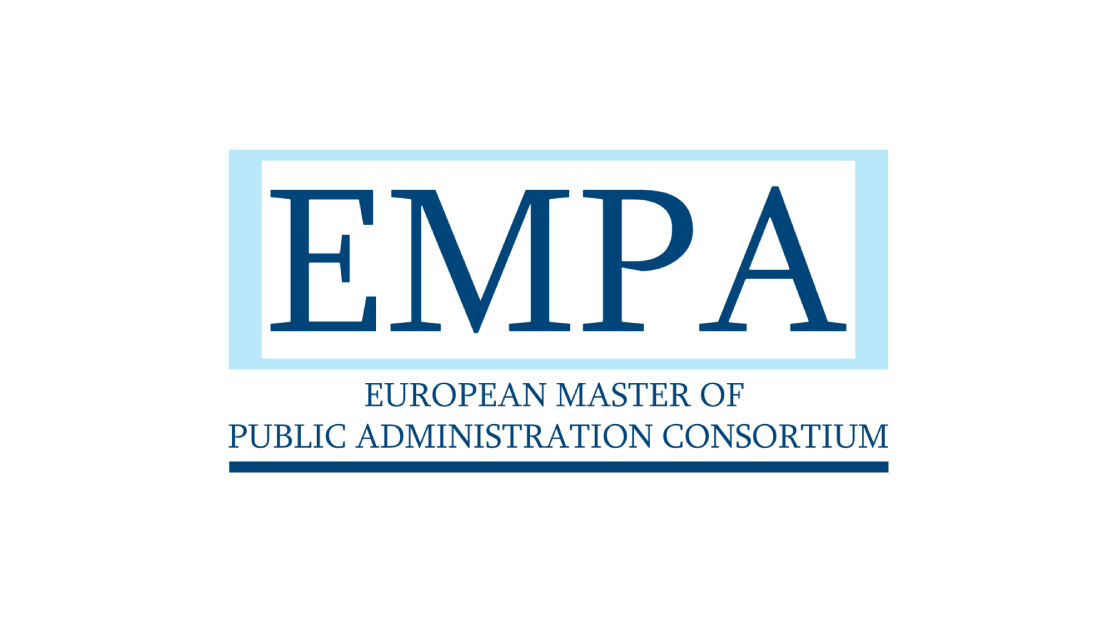
EMPA is an academic cooperation between the Master’s programmes of European universities offering education in Public Administration and Public Policy.

Students can spend one or two semesters at a partner institution abroad, where they can complete courses for credit.

Doctoral students may carry out research abroad with international partners for several weeks or even several months.

Short-term international study programmes, workshops and summer schools for students, lasting from a few days to several weeks.
If you have a question about the Pannonia Scholarship Programme or the CEEPUS programme, please go to the appropriate menu item in Do It Online!
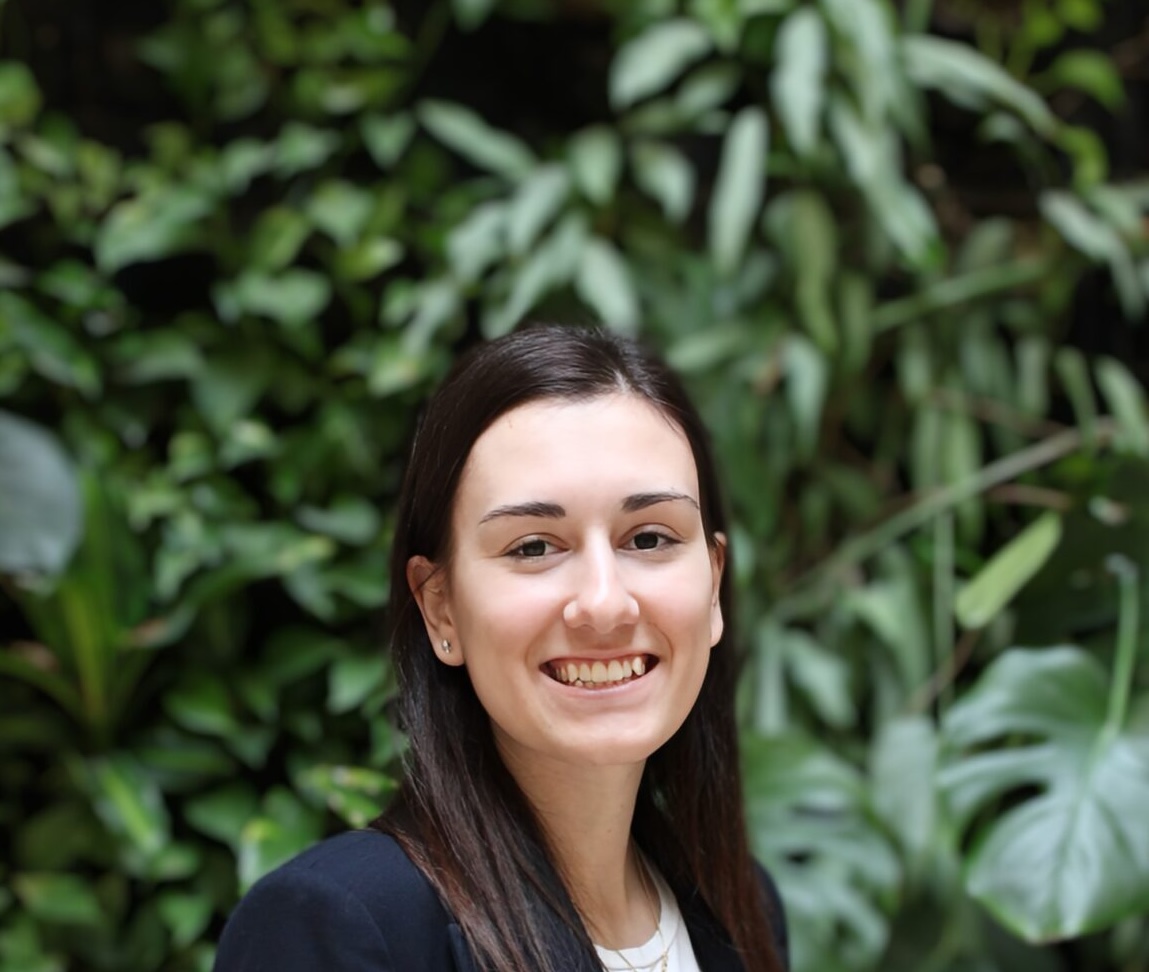
At CEMS, cooperation and teamwork mean everything. I encourage you to be open, to dare to speak English, and to get to know each other. Make time for fun — there will be plenty of chances.

The DD programme gave me real inspiration: year-long specialisations, connections with companies in Frankfurt, and deeper integration into EBS and international student life than an exchange semester.
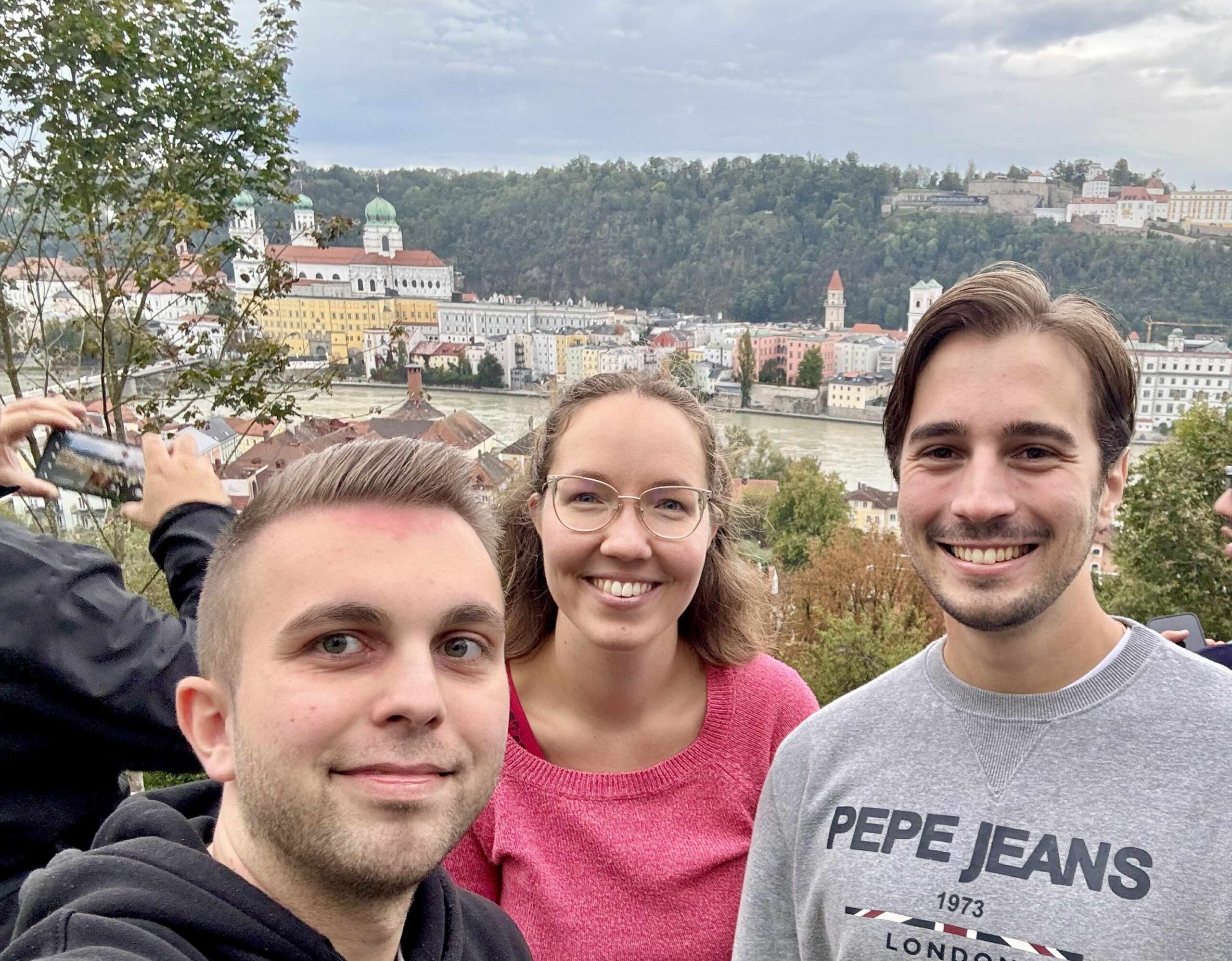
The challenges I faced gave me the strength and confidence I needed. In Passau, where one-fifth of the population are students-many of them international-life was always vibrant

Soon you’ll be able to view your detailed scores and let us know if you think something isn’t correct.

Study abroad for a short time. Apply for the Design and Management of Hierarchies module at one of Germany’s leading universities.
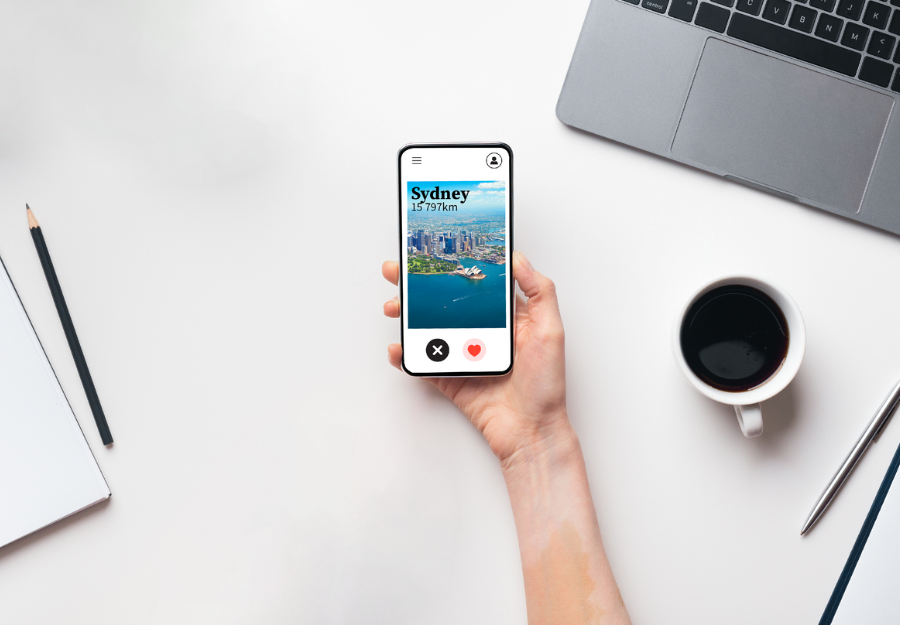
You’ve already completed the first steps, but a few more remain before your application can be considered complete and valid. This guide will help you prepare for what comes next.
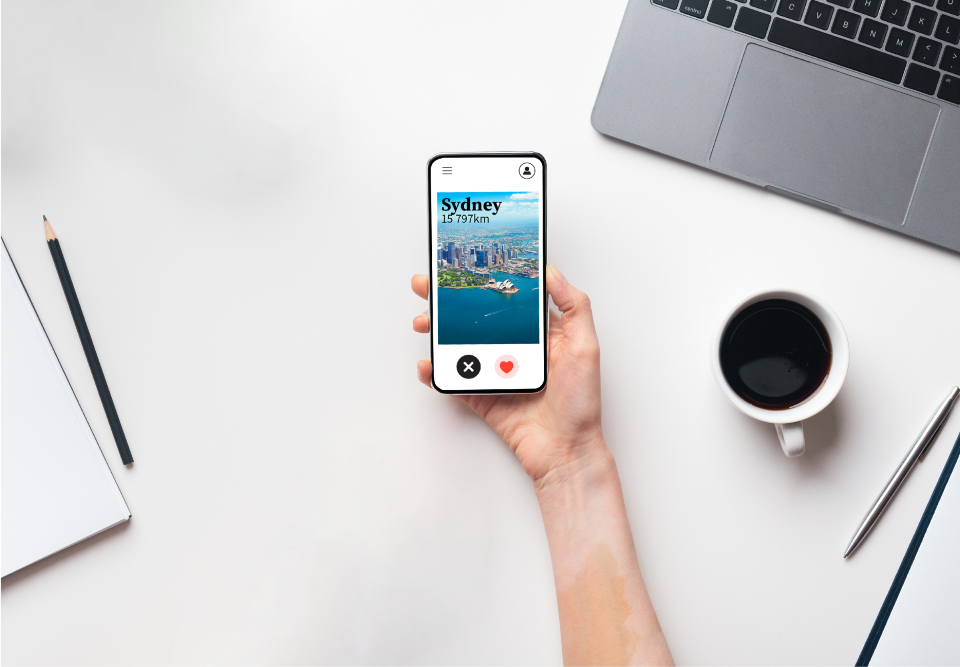
From 17 November, you can apply for long-term mobility programmes for the 2026/2027 academic year. We know that the application documents can sometimes feel overwhelming and confusing, which is why we’ve gathered the most important information for you in this article.